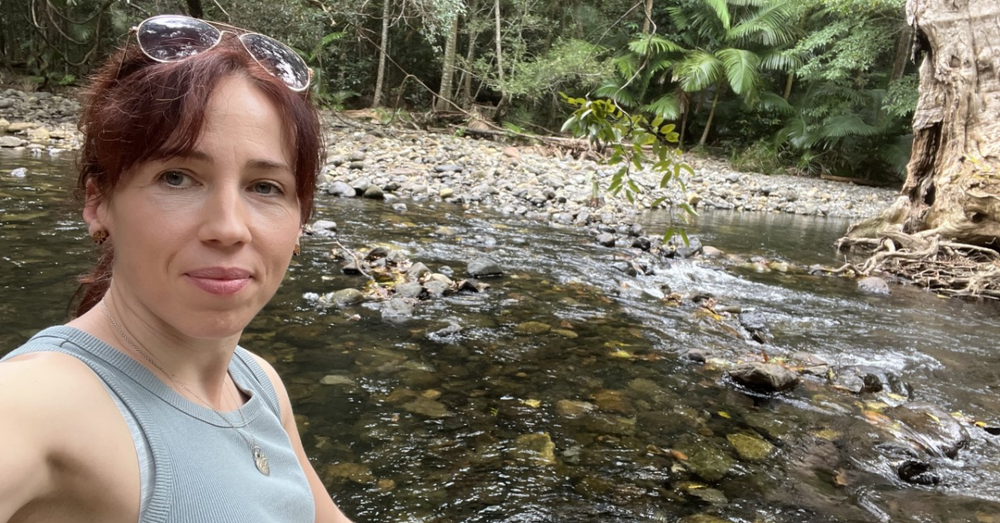The importance of leadership skills in the ED

In the fast-paced environment of the Emergency Department (ED), leadership skills are paramount. Effective leaders in the ED not only guide their teams through high-pressure situations with clarity and confidence but also foster a supportive and collaborative atmosphere. They must make rapid, critical decisions, often with limited information, while maintaining the team's morale and focus. Good leadership ensures efficient patient flow, optimises patient outcomes, and enhances team resilience against burnout. It also promotes a culture of continuous learning and improvement, important in a setting where every second counts and the unexpected is the norm.
Dr Joanna Manton is an Emergency Specialist who used to locum with Medrecruit. Now, she imparts the wisdom she has learned over her years in medicine to junior doctors making the shift into registrar roles and junior registrars stepping up to be in charge of the emergency department overnight.
We caught up with her to find out more about her specialist training program.
Can you tell me about yourself and why you became a doctor?
My name is Joanna and I’ve wanted to be a doctor since I was a young child. I’ve always been interested in human biology and combining this with improving people's health seemed like the perfect career for me. I enjoy critical care and seeing patients get better gives me a great feeling of satisfaction. I also enjoy imparting my skills to the next generation to give them the satisfaction I have had.
I’ve got 11 rescue animals at home and after work, I enjoy looking after them.
Can you tell me about the training program you have established for junior doctors?
The program I’ve developed is a step-up program for senior house officers considering stepping up into the role of junior registrar. Or for junior registrars stepping up to be in charge of an emergency department overnight.
It is a 2-day course that consists of teaching some of the main things seen in ED that require immediate management overnight. These are arrhythmias, shock, non-invasive ventilation, cardiac arrest, paediatrics, and mental health. Teaching consists of some short plenary sessions, case-based discussions, and workshops. The latter involves discussions in small groups with a FACEM facilitator. These consist of discussions on dealing with difficult conversations, how to set up for intubation while your boss is driving in, safely discharging patients overnight, and leading effectively in the emergency department setting.
Over the two days, there will be five groups of five participants. The overall aim is to give you some knowledge and confidence in this transition period of your career.
What inspired you to start this program?
About ten years ago, I was at this stage in my career, where I struggled. There remains no course or book to read to help doctors transition to this next stage.
Looking for a doctor job that matches your career and lifestyle aspirations?
Search jobsWith emergency departments becoming busier and busier, the time for teaching these skills to junior doctors has sadly reduced, in my opinion. I hope this program can help guide doctors into this next stage.
How important are leadership skills in the industry, more specifically, your field of ED?
Leadership skills are important in being able to keep an overview of the department and to ensure that your time and skills are directed towards the sickest people in the ED. As a team leader, you need to juggle a patient load of your own along with being to advise junior staff to treat their patients effectively. Your concerns need to be communicated effectively to senior nursing staff and patient specialists. This requires a combination of a multitude of skills that take time to acquire.
This 2-day course is designed to help start that process and give you confidence in doing so.
If junior doctors want to get involved, what are the next steps?
If you’re keen to participate in this 2-day program, please send me an email: joanamanton@hotmail.com to register your interest or ask any questions you may have. The details of my next class are listed below:
When: Monday & Tuesday 27 and 28th February 2023
Where: The Alexandra Hills Hotel, 332 Finucane Road, Alexandra Hills, Brisbane
Please email joanamanton@hotmail.com if you’re keen to sign up for a place.
Cost: $500 for the two days
This is a catered event. Costs are low as this is a “not-for-profit event.”
You will receive an attendance certificate for your time.
